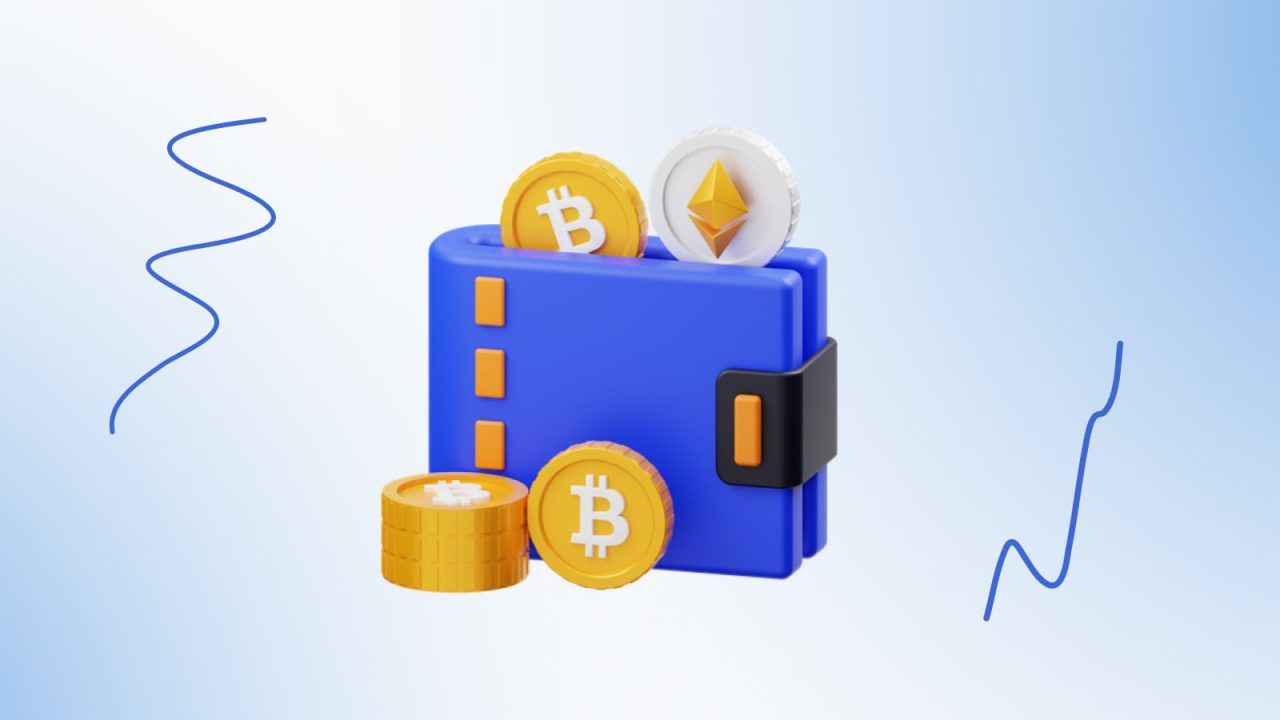In recent years, cryptocurrencies have become an integral part of the financial world. People around the globe are using them for investments, storing assets, and making transactions. One of the most important aspects of using cryptocurrencies is the security of storing these assets, which directly depends on the choice of a cryptocurrency wallet.
In this article, we’ll discuss different types of cryptocurrency wallets—from cold wallets to mobile apps—and present the best options for safely storing your crypto assets.
What is a Cryptocurrency Wallet?
A cryptocurrency wallet is a tool that allows a user to store and manage their cryptocurrency assets. It ensures security by storing the private keys needed to access cryptocurrencies on the blockchain. Wallets can come in various types, depending on where and how they store keys: online (hot wallets) or offline (cold wallets).
Main Types of Cryptocurrency Wallets
1. Cold Wallets (Hardware Wallets)
Cold wallets are offline wallets that are not connected to the internet, making them highly secure from hacker attacks. They are considered the best option for long-term cryptocurrency storage.
2. Hot Wallets
Hot wallets are connected to the internet, which makes them convenient for regular transactions. However, they are less secure than cold wallets due to the risk of hacking.
3. Mobile and Desktop Wallets
These are software wallets that can be installed on a smartphone or computer. They can either be hot or cold wallets, depending on whether they are connected to the internet.
Top Picks for Cryptocurrency Wallets
In terms of security, **hardware wallets (cold wallets)** are still the safest option and take the top spot. It is extremely difficult to hack these wallets. The key is not to click on suspicious links, not to lose your seed phrase*, and to store your keys and wallet in a safe place. Some of the best hardware wallets are:
– Ledger Nano X
– SafePal
– Trezor
Prices for these wallets start from $100, and the choice of device depends on your budget and preferences.
*Seed phrase, also known as recovery phrase, backup phrase, or mnemonic phrase, is a unique sequence of randomly generated words that forms a sort of password. Seed phrases usually consist of 12, 18, or 24 words and are generated during the setup of non-custodial wallets.*
Second Place: Mobile Wallets
Mobile wallets are typically downloaded to mobile devices, tablets, or PCs. These wallets also use seed phrases, meaning they store keys securely. They are usually available for free on your device’s app store or on the developer’s website. The downside is that they are susceptible to hacks, phishing attacks, and the risk of losing access to your wallet if the device is lost. Of course, it’s possible to install the app on a new device and recover the wallet using the keys—but the key is to not have a heart attack before that happens! Some of the popular mobile wallets include:
– Trust Wallet
– Exodus
– MetaMask and others
Third Place: Hot Wallets on Cryptocurrency Exchanges
Hot wallets on cryptocurrency exchanges are not considered very secure, but they are an excellent option for those who plan to keep assets in the short term. They are convenient for quickly transferring assets to and from exchanges. However, if you are an active trader, it may not make sense to move assets to a wallet and lose money on transfer fees. Still, here are some of the most popular exchange wallets:
– Coinbase Wallet
– Blockchain Wallet
Choosing a Cryptocurrency Wallet
Choosing the right cryptocurrency wallet is an important step in ensuring the safe storage of your crypto assets. Cold wallets like **Ledger Nano X**, **Trezor Model T**, and **SafePal** provide a high level of security for long-term storage, while hot wallets like **Trust Wallet** and **Exodus** offer convenience for daily transactions. It’s essential to always follow security practices, use two-factor authentication, and keep backup copies of your private keys.
Ultimately, the choice of wallet depends on your needs and your comfort level with the risks associated with storing cryptocurrencies.
